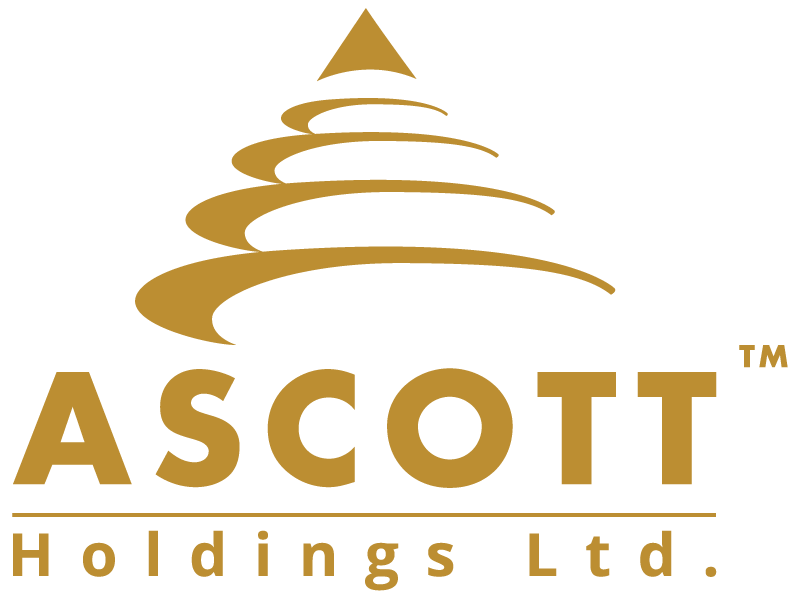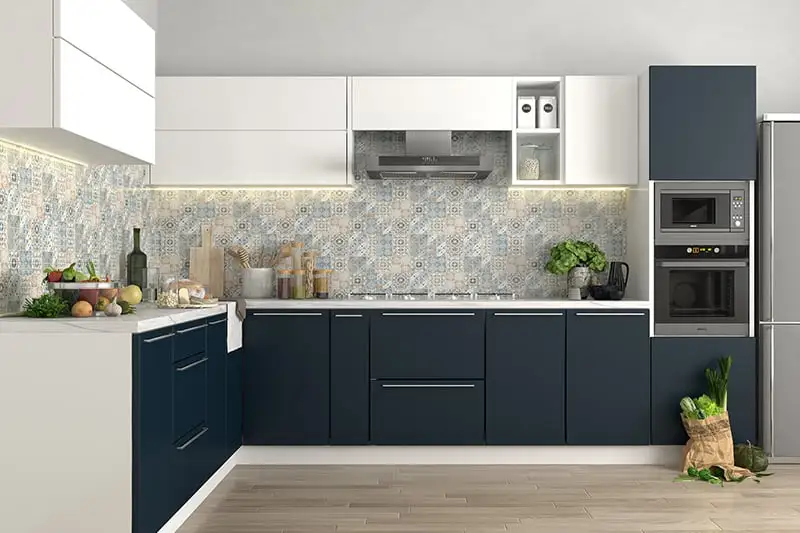The modern kitchen has evolved from being a utilitarian space to the heart of the home, where culinary creativity and social interactions converge. Embracing cutting-edge technology, sleek aesthetics, and efficient layouts, contemporary kitchen designs prioritize both functionality and style. In this article, we explore the key elements that define a modern kitchen, creating a harmonious blend of practicality and contemporary elegance.
- Streamlined and Minimalistic Aesthetics
Modern kitchen designs often feature clean lines, sleek surfaces, and a minimalist approach. The focus is on simplicity and uncluttered spaces, creating an open and airy ambiance. Neutral color palettes, such as whites, grays, and natural tones, are popular choices, and they can be accented with bold pops of color or unique materials for a touch of personality.
- High-Quality Materials
Quality materials play a crucial role in modern kitchen design. From durable and easy-to-maintain countertops made of quartz or stainless steel to elegant cabinetry with smooth finishes, these materials not only enhance the aesthetics but also ensure longevity and functionality.
- Smart Storage Solutions
Effective storage is a key element in modern kitchen designs. Innovative storage solutions, such as pull-out pantry shelves, deep drawers, and corner cabinets with rotating trays, maximize space utilization and keep kitchen essentials organized and easily accessible.
- Energy-Efficient Appliances
Modern kitchens prioritize energy efficiency and sustainability. Energy Star-rated appliances, such as refrigerators, ovens, and dishwashers, not only reduce energy consumption but also add to the overall eco-friendly nature of the space.
- Open-Concept Layouts
Open-concept kitchen designs have gained popularity, seamlessly integrating the kitchen with the dining and living areas. This layout fosters a sense of togetherness, making the kitchen a social hub where family and friends can gather and interact while meals are being prepared.
- Task and Ambient Lighting
Proper lighting is essential in modern kitchens to create both functionality and ambiance. Task lighting, such as under-cabinet LED strips or pendant lights over the kitchen island, illuminates workspaces, while ambient lighting, like recessed ceiling lights, sets the overall mood.
- Smart Technology Integration
Modern kitchens are embracing smart technology to enhance convenience and efficiency. Voice-activated assistants, touchless faucets, and smart ovens with pre-set cooking programs are just a few examples of how technology is transforming the kitchen experience.
- Multi-Functional Kitchen Islands
Kitchen islands serve as versatile workstations and focal points in modern kitchen designs. Incorporating a sink, built-in storage, and seating options, they provide ample space for meal preparation, casual dining, and socializing.
Conclusion
A modern kitchen design embodies the perfect marriage of functionality and contemporary elegance. With streamlined aesthetics, high-quality materials, and innovative storage solutions, these kitchens offer a sense of simplicity and efficiency. Embracing energy-efficient appliances and smart technology further enhances convenience and sustainability. The open-concept layout fosters social interactions and makes the kitchen a central gathering point in the home. Task and ambient lighting create a warm and inviting atmosphere, while multi-functional kitchen islands add versatility and practicality to the space. Ultimately, a modern kitchen design reflects the evolving needs of the modern lifestyle, making cooking and entertaining a seamless and enjoyable experience.

